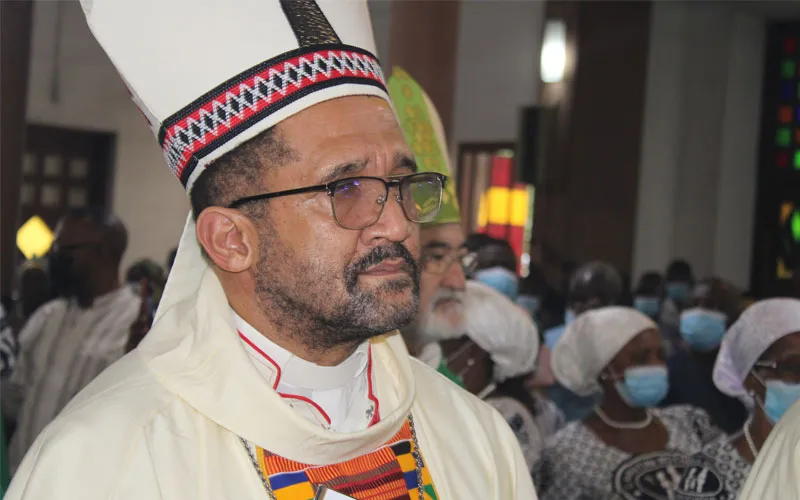Mthatha, 11 August, 2022 / 10:30 pm (ACI Africa).
Members of the Southern African Catholic Bishops’ Conference (SACBC) have called on members of the government in South Africa to set aside political differences and put in place “more robust measures” to address the high cost of living, unemployment, and the gap between the rich and the poor that they say is widening.
In a Monday, August 8 statement shared with ACI Africa, the Catholic Bishops say the high levels of unemployment and the high cost of living “are pushing more people into higher levels of household debt and deep poverty.”
“We urgently appeal to the government to initiate more robust measures to address the fuel and food price hike,” they say in the statement signed by SACBC President, Bishop Sithembele Sipuka of Mthatha Diocese.
SACBC members say it is sad that political leaders’ focus remains fixed on “narrow vested interests and not on issues important to ordinary citizens, particularly the homeless, the unemployed, and the hungry.”
The Catholic Church leaders denounce “the continued preoccupation of our leaders with self-enrichment, party politics and factional battles at a time when the majority in this country are struggling to make ends meet.”








